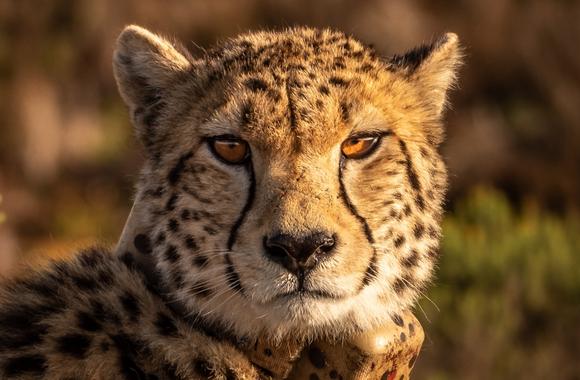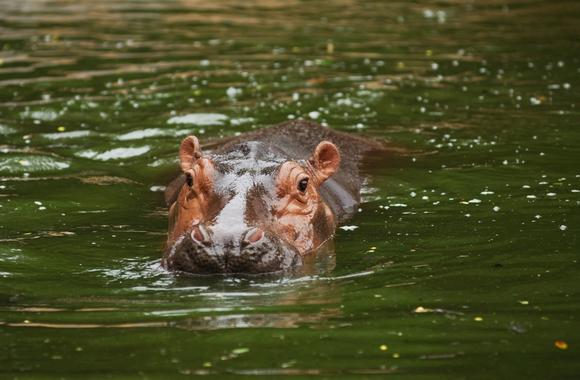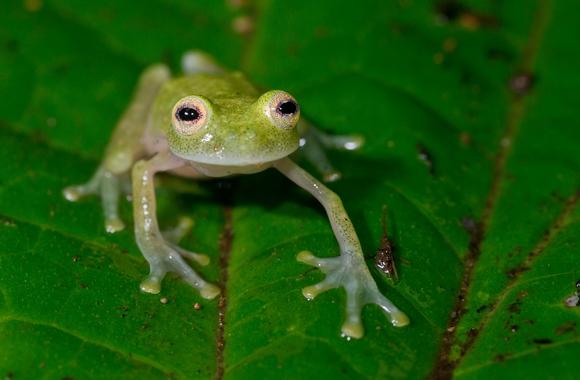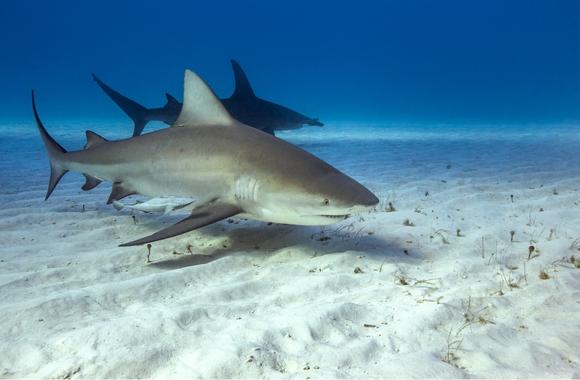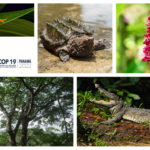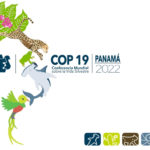Like it or not, we have all played a role in wildlife trade. From the wood our furniture is made from, to the orchids on our windowsill, the pieces of coral on our mantelpiece, or even the live fish in our aquaria, wildlife trade is all around us.
Born Free opposes all trade in wildlife, but if there is going to be trade, we want to make sure that the most threatened species in the world to be fully protected against it. And, we want to ensure that no animals suffer as a result.
In November 2022, delegates from all over the world will be attending CITES’ 19th Conference of the Parties (CoP19) in Panama to make decisions about wildlife trade. Born Free will be there, too. Decisions will be made on whether many species of wild animals and plants should be protected, how to better support law enforcement against illegal trafficking, and more!
Keep an eye on this page and on Born Free USA’s social media for updates from the conference!
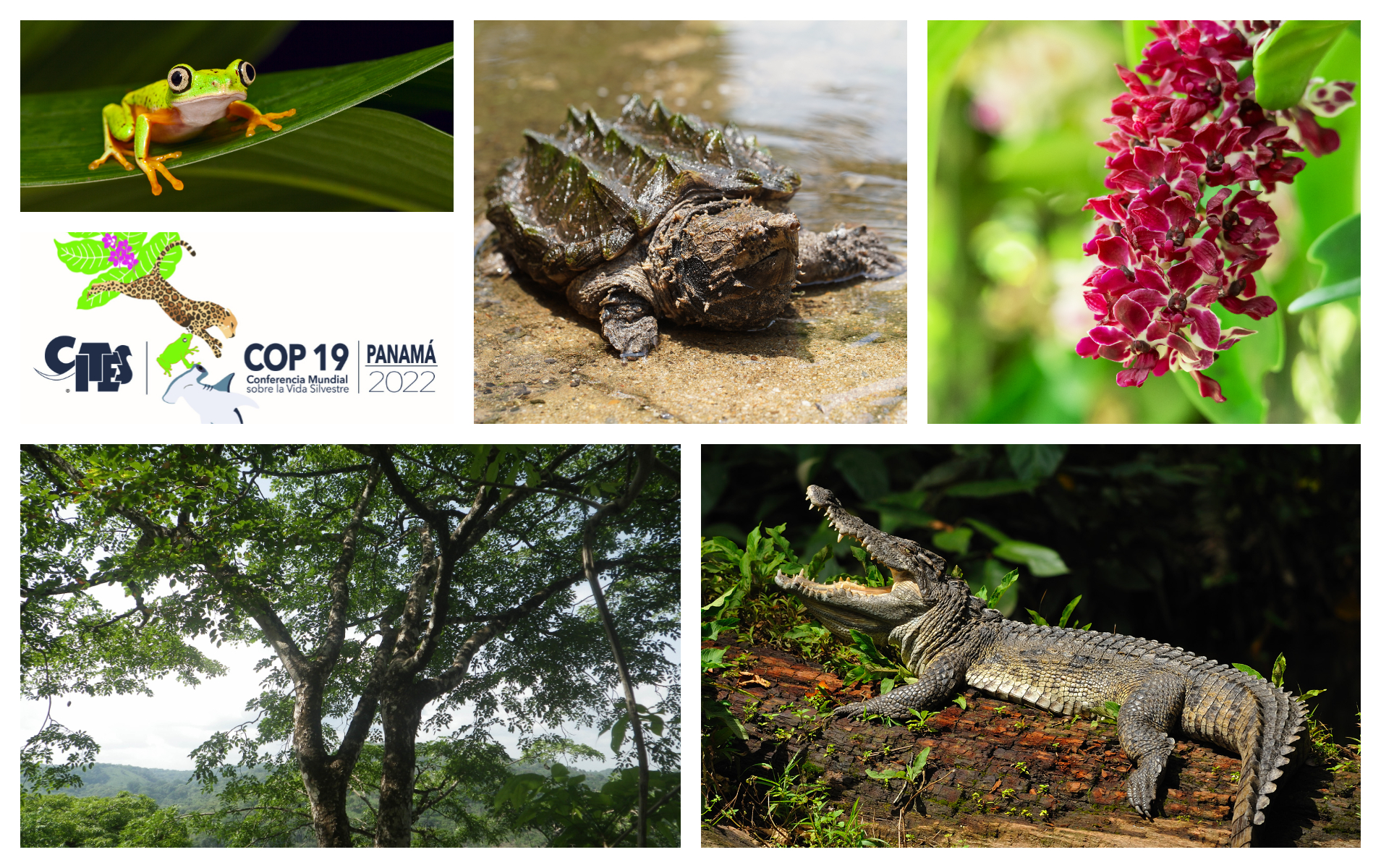
What is CITES?
The Convention on International Trade in Endangered Species of Wild Fauna and Flora (CITES) is an international agreement between governments that aims to ensure that international trade in wild animals and plants does not threaten species’ survival. CoPs (Conferences of Parties) are held every three years and provide an opportunity for member States and other stakeholders to review progress in species conservation in order to adopt or amend proposals related to international trade and species protection.
What will Born Free do at CITES CoP19?
CoPs offer advocate organizations like Born Free the chance to push for stronger protections for imperiled species. This year, at CoP19, Born Free USA will actively work to increase international protections for wildlife threatened by unsustainable and illegal trade. We have three main priorities at CITES CoP19. They are…
1. Push for the Protection of Species
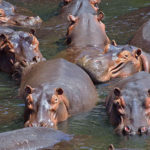
Hippopotamuses
The international trade in hippo ivory is of huge conservation concern. West African countries are calling for a ban on international commercial trade in any hippo product.
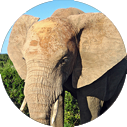
Elephants
Elephants continue to be threatened by international trade in their tusks. As always, enhancing the level of protection that elephants receive will be hotly debated at CITES.
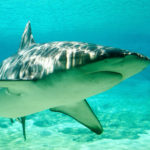
Requiem Sharks
There are more than 50 species of requiem shark, including grey reef shark and dusky shark, that currently receive no protection from CITES. Countries are calling for trade in requiem sharks to be regulated.
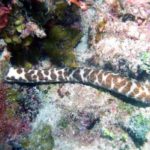
Sea Cucumbers
Exploitation of sea cucumbers, which are a vital component of their ecosystem, has been growing exponentially. The U.S., European Union, and Seychelles are calling for regulation of sea cucumber trade.
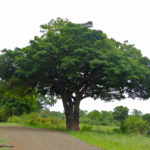
Pod Mahoganies
Overexploitation for timber has raised conservation alarm bells and there are calls for the international trade to be monitored.
2. Obtain Funding for Enforcement Support
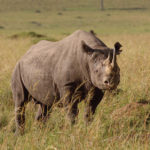
CITES Enforcement Fund
Massive declines in many species have been caused wholly or partly by illegal trade. At CoP19, West African Parties are calling for the establishment of a CITES Enforcement Fund to provide officials with skills and tools to identify, stop, and prevent illegal trade and to ensure that CITES regulations are adequately enforced. Born Free USA strongly supports this initiative and will be advocating for bold biodiversity commitments to be matched with ambitious funding commitments at CoP19 in line with Born Free’s Global Nature Recovery Investment Initiative.
3. Counter the Spread of Zoonotic Diseases
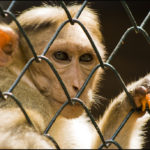
Training and Equipment to Counter Disease Spread
The transmission of infectious diseases from animals to humans (“zoonoses”) are a serious threat to global public health. Scientists believe that the COVID-19 virus originated in wild animals and there may be more than 800,000 undiscovered animal viruses that could infect people. Between 2009 and 2018, 90 million live CITES-listed animals were traded internationally, and 26.5 million of these belonged to a group of animals known to carry at least one zoonotic disease.
West African Parties are calling for CITES to take robust action to ensure that the threat to public health from wildlife trade is minimized and that enforcement officials are provided with training and equipment for handling wild animals.
Blogs and Updates from CITES CoP19
Thank You for Supporting Born Free!
Protect wildlife on a global scale with a donation to Born Free USA! Your gift will enable us to continue advocating for animals at home and abroad.
